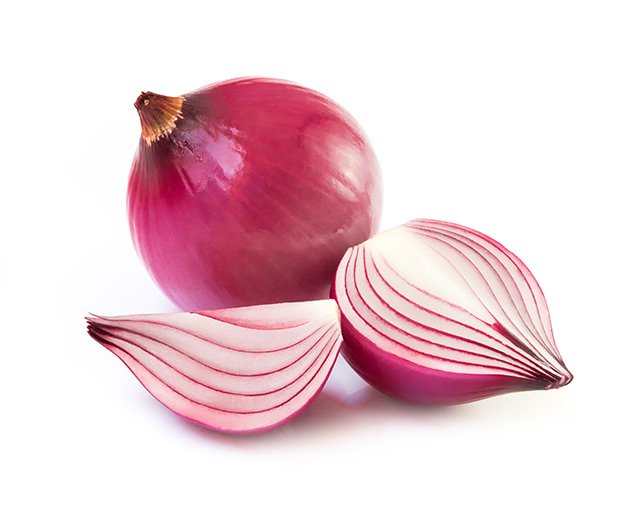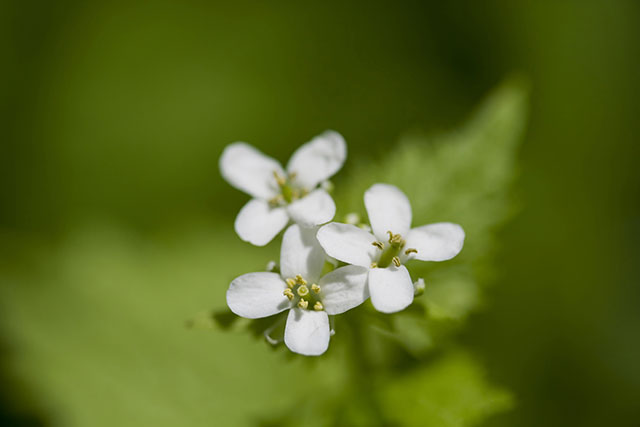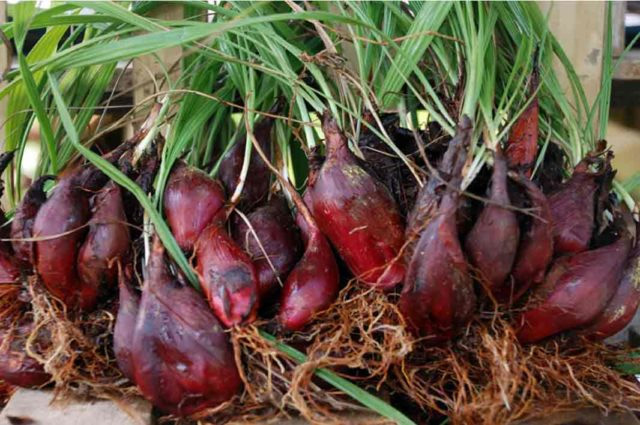Eat onions, apples after working out: Quercetin found to help reduce exercise-induced oxidative damage
10/26/2018 / By David Williams

Exercise can offer many surprising benefits. It’s a great way to lose weight and improve overall health, and if done correctly, it can even lead to muscle growth and improved bone density. It’s one of the best things you can do for your body, but did you know that it can carry some negative effects as well?
Indeed, exercise can sometimes have negative consequences. After all, the very act of exercising means exposing your body to stress and literally breaking down your muscles in order to rebuild them later. So it should be no surprise that some exercise, especially those that really take a toll on the human body, can have some bad effects.
Since this is something that is well-known in the fitness and medical industries, there are many ways to take care of it and prevent long-term or extensive damage from happening. For example, there are a lot of available supplements on the market that contribute to improving the condition of the body after exercise. Now researchers have found that quercetin, a polyphenol that is found in foods like onions and apples, has pretty much the same effect.
According to researchers who conducted a study in Rome, Italy, using quercetin as a supplement can contribute to improved health by quickly boosting anti-oxidant defenses in the body and even protect against exercise-induced oxidative damage. To be more specific, this is what the researchers had to say on the matter: “Our study provides evidences that quercetin supplementation, prior to and after a strenous eccentric exercise, makes erythrocytes [red blood cells] more able to cope with oxidative insult. This protective effect ensures an efficient oxygen delivery to the tissues, otherwise compromised by the deleterious effects of the increase in free radicals produced after eccentric exercise.”
Quercetin reduces oxidative damage
According to a report on the Rome-based study, the scientists behind it started by recruiting a total of 14 men with an average age of 25.5 to take part in the research. All of the participants were then assigned with consuming either quercetin supplements or placebo for two weeks straight both before and after a round of eccentric exercise to exercise-induced muscle damage (EIMD). After this initial two-week period, there was a three-week “washout” period that was set prior to the participants crossing over to the other intervention.
The researchers have noted that “it has been demonstrated that a dose of 500 mg quercetin aglycone supplied in tablets, was comparable with the quercetin present in approximately 100 g of fresh red onion as assessed by urinary extraction,” at least for healthy individuals. For this reason, they decided to conduct their study the way that they did. They performed tests based on both real food compositions as well as the bioavailability test that was already available in the healthy participants.
What the researchers found was that quercetin consumption was linked with a significant reduction in levels of lipid peroxidation, specifically in red blood cells. The same was also true for thiobarbituric acid reactice substances (TBARs) in plasma, which is a known measure of oxidative damage.
Because of their findings, the researchers conclude that chronic quercetin supplementation will be enough to offer much-needed antioxidant potential both before and after strenuous eccentric exercise. That means that doing something as simple as eating an apple or including onions in your food after exercise can be highly beneficial. And that is something that will be extremely useful for improving recovery times and helping the body stay healthy.
Sources include:
Tagged Under: apples, eccentric exercise, exercise, fitness, food as medicine, food cures, muscle damage, onion, phytonutrients, quercetin, recovery, slender, supplements, workouts




















